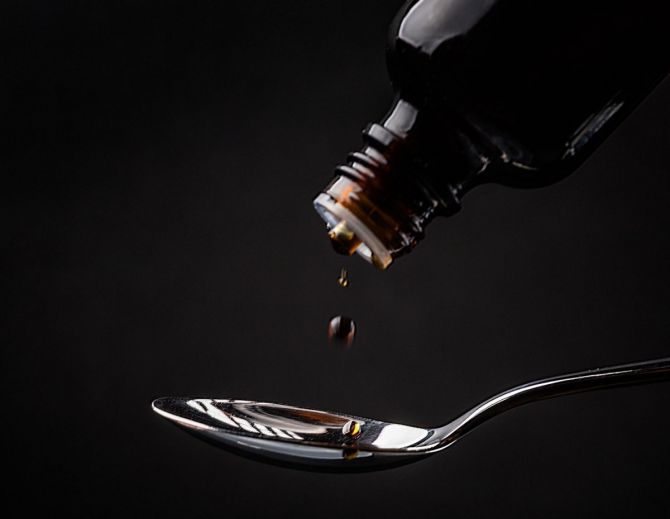The Central Drugs Standard Control Organisation has initiated a probe in connection with the death of 18 children in Uzbekistan allegedly linked to a cough syrup manufactured by an Indian firm, official sources said on Thursday.

The health ministry of Uzbekistan has claimed that the children who died had consumed cough syrup 'Doc-1 Max' manufactured by Noida-based Marion Biotech.
Hasan Harris, legal representative of Mario Biotech, said the governments of both countries is looking into the matter and inquiring.
"There is no problem from our end and no issue in testing. We have been there for the past ten years. Once the government report will come, we will look into it. For now the manufacturing has stopped," Harris said.
According to the ministry, chemical ethylene glycol was found in a batch of syrup during laboratory tests.
Sources said the Drugs Controller General of India has sought more information regarding the incident from the Uzbek regulator.
An inspection jointly conducted by the central drugs regulatory team of north zone and state drugs regulatory team was also taken during which samples of the drugs were also lifted.
Earlier this year, death of 70 children in Gambia was linked to cough syrups manufactured by Haryana-based Maiden Pharmaceuticals following which the Haryana based unit was shut for violation of manufacturing standards.
However, later the samples tested in a government laboratory in India were found to be complying with specifications.











 © 2025
© 2025